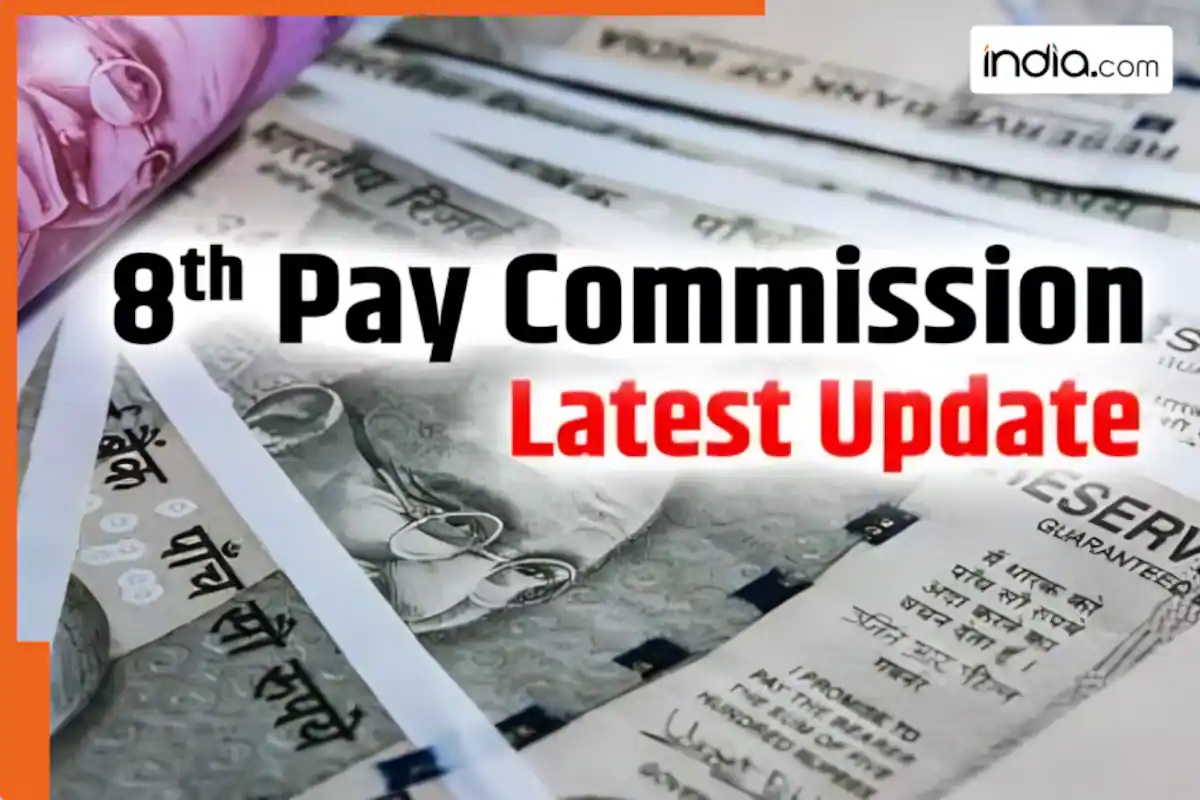
Central Government Employees Await Major Salary Revision Under 8th Pay Commission
The 8th Pay Commission’s potential salary revisions have sparked widespread anticipation among central government employees and unions. Industry experts suggest the upcoming reforms could elevate the minimum basic salary to Rs 51,000, marking a significant jump from the current Rs 18,000. This revision, expected to reshape the compensation structure, could impact millions of workers across various grades, from clerks to senior officers. While the exact implementation timeline remains uncertain, media reports hint at a possible rollout in 2026. The proposed changes aim to address inflationary pressures and improve living standards for public sector employees.
Understanding the 8th Pay Commission’s Impact on Basic Pay
The 8th Pay Commission’s recommendations could lead to a 30-34% overall salary increase, with the basic pay component being the most affected. Under the current 7th Pay Commission framework, the minimum basic salary stands at Rs 18,000. However, the proposed fitment factor of 2.86 or higher could elevate this to approximately Rs 51,000. This adjustment would trigger cascading changes in allowances, with Dearness Allowance (DA) and House Rent Allowance (HRA) increasing proportionally. The revised structure promises a more equitable distribution of financial benefits across all employee categories.
Detailed Salary Structure Changes Under the 8th Pay Commission
The proposed salary structure under the 8th Pay Commission includes substantial revisions to various components. For instance, the basic salary for a peon is estimated to rise from Rs 18,000 to Rs 51,000, with DA and HRA increasing to Rs 17,340 and Rs 12,240 respectively. This represents a 2.8 times increase in total income compared to the current framework. The revision also affects different job levels, with clerks potentially earning between Rs 55,000-65,000 and senior officers receiving over Rs 1,00,000. These changes are expected to significantly enhance the financial stability of government employees across the board.
Broader Implications for Public Sector Workers
The proposed salary revisions under the 8th Pay Commission extend beyond basic pay to include comprehensive adjustments in allowances and pensions. Pensioners, in particular, stand to benefit as their pensions are calculated based on the revised basic pay structure. The changes also ensure that all grades of employees, from entry-level clerks to senior officers, receive proportional increases. This holistic approach to salary revision aims to create a more equitable compensation framework while addressing long-standing concerns about inflationary adjustments and living standards for public sector workers.
Anticipated Implementation Timeline and Sectoral Impact
While the exact timeline for implementing the 8th Pay Commission’s recommendations remains unclear, industry experts suggest the reforms could be enacted by 2026. This would mark a significant departure from the previous 7th Pay Commission’s timeline, which took several years to materialize. The proposed changes are expected to have a cascading effect across all sectors of the central government, including administrative departments, defense services, and public sector undertakings. The revised salary structure promises to enhance the attractiveness of government jobs while ensuring fair compensation for all levels of service.




